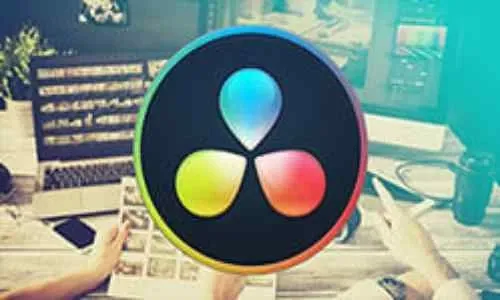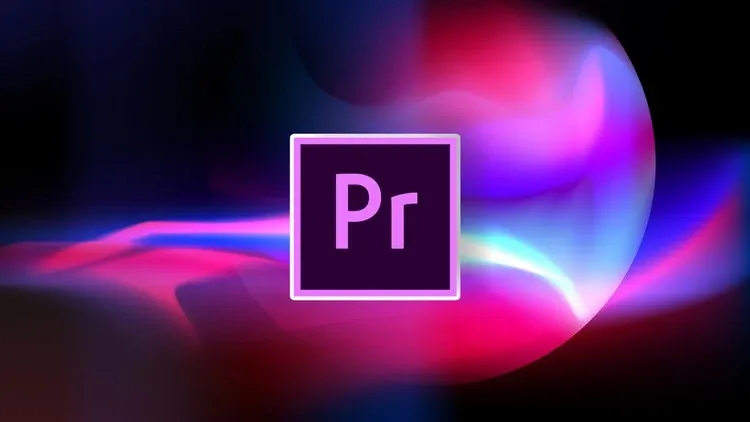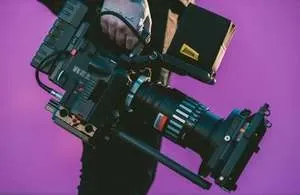



 Tech & IT
Tech & IT
 Business
Business
 Coding & Developer
Coding & Developer
 Finance & Accounting
Finance & Accounting
 Academics
Academics
 Office Applications
Office Applications
 Art & Design
Art & Design
 Marketing
Marketing
 Health & Wellness
Health & Wellness
 Sounds & Music
Sounds & Music
 Lifestyle
Lifestyle
 Photography
Photography
More Learnfly
Business Solution Become an Instructor"Cinematography is the art of visual storytelling through motion pictures. Cinematographers, or DPs, expertly orchestrate camera angles, lighting, and movement to capture the essence of a narrative. This collaborative craft transforms scripts into cinematic experiences, shaping emotions and immersing audiences in the visual language of storytelling."












Learn more topics in various categories at one place. Explore unlimited courses in other categories and up-skill yourself today.

 Jazeb Akram
Jazeb Akram 4.2 771170 Beginner Level

 John Hedengren
John Hedengren 4.1 569079 All Level

 Ranjan Pandey
Ranjan Pandey 4.1 346747 All Level

 Muhammad Ahsan Pervaiz
Muhammad Ahsan Pervaiz 4.2 101359 All Level

 Pieter Vliegenthart
Pieter Vliegenthart 4.6 100931 All Level

 Jerome P.
Jerome P. 4.8 100911 All Level

 Senol Atac
Senol Atac 4.9 100133 All Level

 Vikas Munjal
Vikas Munjal 4.8 100085 Beginner Level

 Avinash A
Avinash A 4.8 100042 All Level

 Venkatesh Baskaran
Venkatesh Baskaran13 Lectures

 Daniela Lambova
Daniela Lambova11 Lectures

 Wayne Sables
Wayne Sables35 Lectures

 Viral Sutariya
Viral Sutariya61 Lectures

 Vinod Kj
Vinod Kj22 Lectures

 Brian Jackson
Brian Jackson20 Lectures
Cinematography is the art and technique of capturing moving images on film or digital media. It involves the use of camera equipment, composition, lighting, and camera movement to visually tell a story or convey a specific mood. Cinematographers, also known as directors of photography, play a key role in the visual aspects of filmmaking.
Cinematography is important as it significantly influences the visual storytelling and overall aesthetic of a film or video. It encompasses the creative and technical decisions related to framing, lighting, camera movement, and shot composition, contributing to the emotional impact and narrative depth of the visual content.
Common components include camera operation, lens selection, framing, lighting design, color grading, and camera movement. Cinematographers work closely with directors to achieve the desired visual style, mood, and storytelling elements. They may use various camera techniques, such as tracking shots, crane shots, or handheld cinematography, to create dynamic and engaging visuals.
Learning cinematography involves studying the principles of composition, lighting, camera operation, and visual storytelling. Film schools, online courses, and workshops provide valuable knowledge and hands-on experience. Cinematographers often start as camera assistants or work on independent projects to gain practical experience. Analyzing films, practicing with camera equipment, and experimenting with different lighting setups contribute to skill development.
While specialized equipment can enhance the capabilities of cinematography, it is not always necessary, especially for beginners. Many filmmakers start with basic camera equipment and gradually invest in more advanced tools as they gain experience. Understanding the fundamental principles of cinematography, such as composition and lighting, is crucial regardless of the equipment used.






